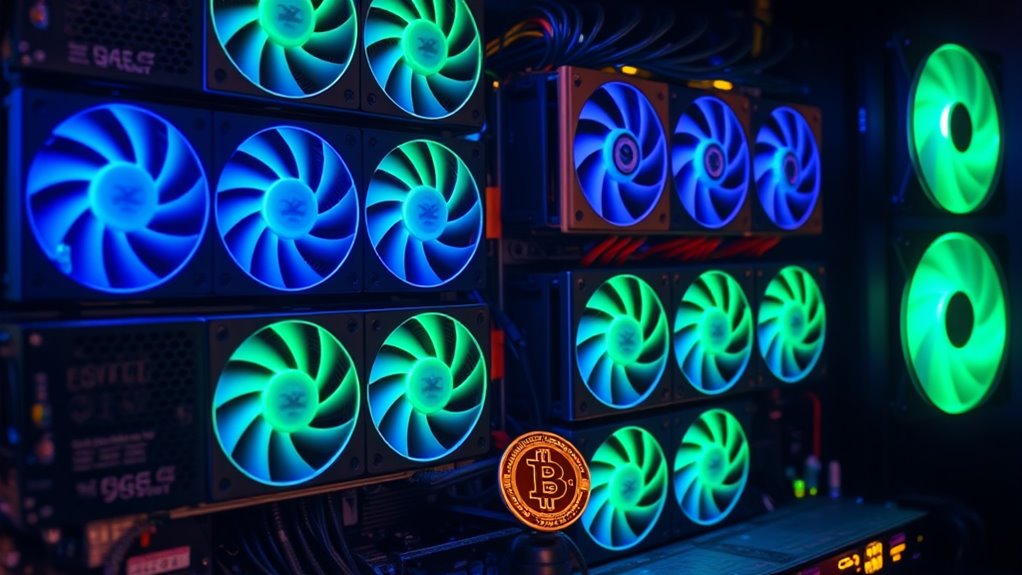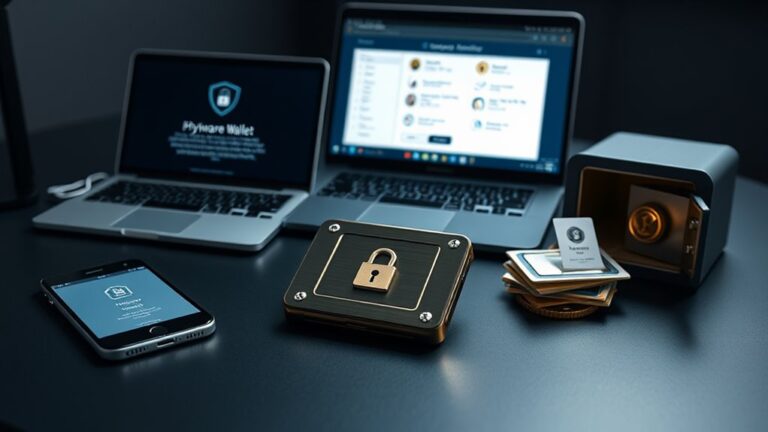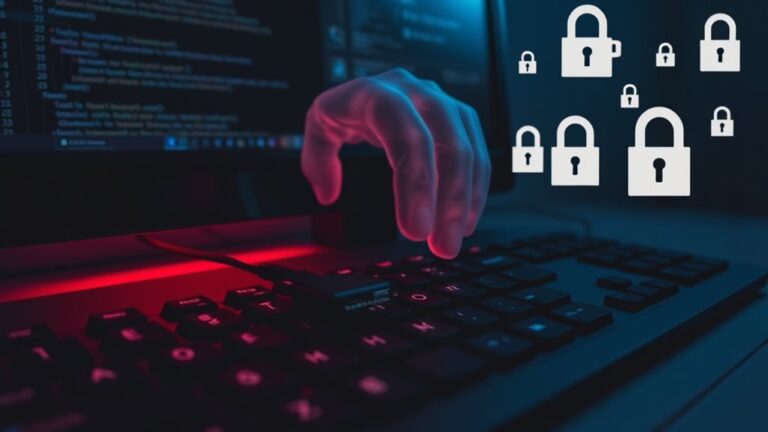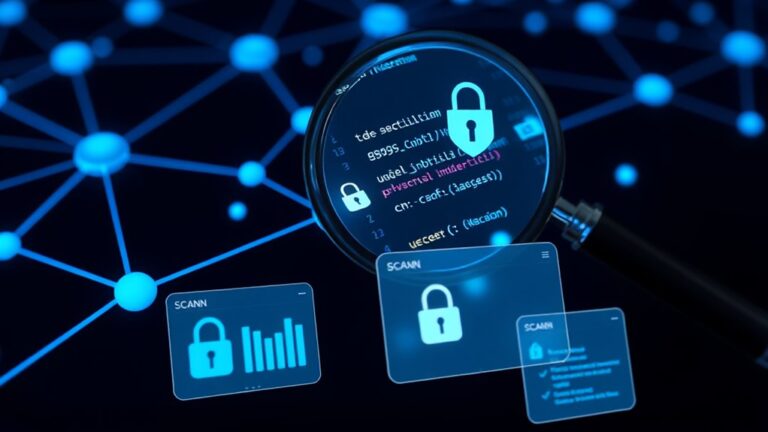Crypto Mining Explained
Note: This post may contain affiliate links, and we may earn a commission (with No additional cost for you) if you purchase via our link. See our disclosure for more info. The gold and crypto world is constantly changing. This is not financial, investment, legal, or professional advice. So, please verify the information on the gold and cryptocurrency provider’s websites.
Crypto mining is where people use serious computer power to confirm transactions and keep the blockchain safe. It's not as easy as it sounds—it involves solving tricky math puzzles to create new blocks. Miners can snag some cryptocurrency and transaction fees, but it's a real energy hog. Competition is fierce, and market swings can turn profits into losses overnight. It's a wild ride in the digital gold rush, and there's a lot more to uncover about this chaotic process.
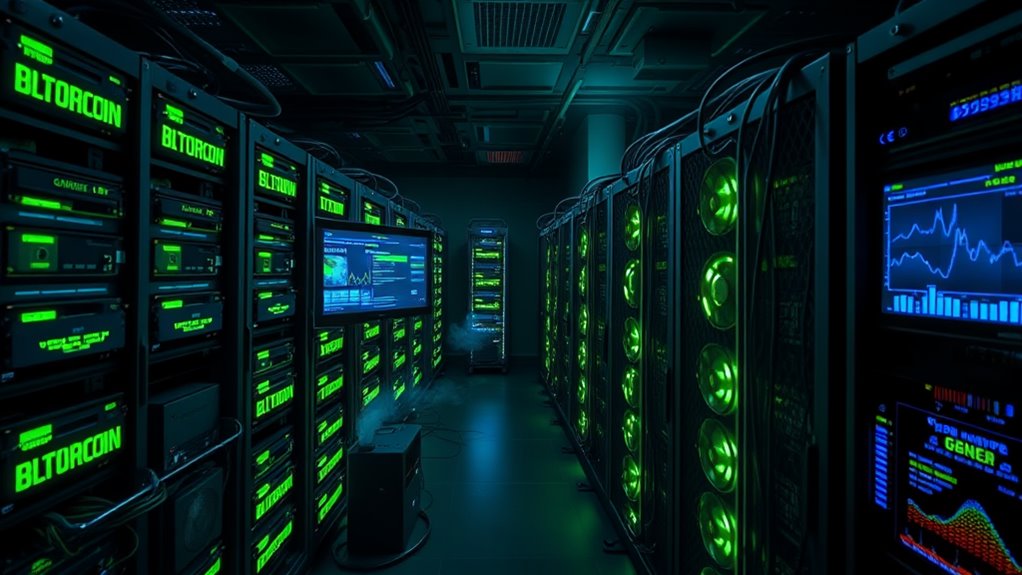
Crypto mining, while sounding like something out of a sci-fi movie, is actually a pretty straightforward process that keeps the world of cryptocurrency ticking. At its core, crypto mining is about finalizing transactions and releasing new coins into circulation. It's like a digital gold rush, without the pickaxes and shovels. Instead of a single authority calling the shots, a decentralized network of miners does the heavy lifting. Each transaction isn't just thrown out there; it's grouped into blocks and added to a public ledger known as the blockchain.
Crypto mining is a digital gold rush where decentralized miners finalize transactions and mint new coins on the blockchain.
The whole operation hinges on solving complex mathematical puzzles, akin to competitive brainteasers. Miners are in a relentless race to crack these cryptographic codes. The first one to succeed gets to create a new block, complete with a unique hash. It's a super high-stakes game of digital chess, where the prize is not just bragging rights but actual cryptocurrency rewards and transaction fees. Understanding market dynamics can help miners determine when participation is most profitable amidst cryptocurrency volatility.
What's fascinating—and a bit exhausting—is the consensus mechanism known as Proof of Work (PoW). This requires miners to expend tons of computational energy. They adjust a value called “nonce” to generate a hash that meets the network's ever-shifting difficulty target. Think of it like guessing a number in a game; the first one to get it right wins. Cryptocurrency mining is essential because it ensures that transactions are verified and added to the blockchain securely. Additionally, verified miners receive crypto coins as rewards, incentivizing their participation in the network.
But wait, there's a catch. Every two weeks, Bitcoin adjusts the difficulty to keep the block creation time around ten minutes. It's like a never-ending treadmill of brain busters.
In contrast, this is not a Proof of Stake situation where you can just sit back and count your coins. No, crypto mining demands effort—lots of it. It's resource-intensive, much like physical mining, but instead of dirt, miners are extracting digital currency.
Frequently Asked Questions
Is Crypto Mining Illegal in Any Countries?
In some countries, crypto mining is a definite no-go.
Take Bolivia, for instance—banned since 2014. China? All transactions, including mining, were shut down in 2021. Nepal followed suit in 2017.
Algeria and Egypt have also thrown down the legal gauntlet.
And let's not forget Iran, which allows mining but keeps trading under wraps.
What Hardware Is Best for Beginners in Crypto Mining?
For beginners diving into crypto mining, the Bitmain Antminer S9 is a solid pick.
It's affordable, around $100 for used ones, and gives a decent hash rate.
Want something fancier? The Antminer S19 offers more power but needs special wiring and heats up like a sauna.
If multitasking is your jam, the BitChimney Space Heater warms rooms while mining.
Just remember—mining isn't a walk in the park, even with the right hardware!
How Much Electricity Does Crypto Mining Consume?
Crypto mining guzzles electricity like a teenager raiding the fridge at midnight.
It consumes between 91 TWh and 178 TWh annually—yup, that's more than Finland!
Each Bitcoin transaction? A whopping 851.77 kWh. That's like running your home for a month.
Meanwhile, over half of Bitcoin mining is powered by renewable energy sources.
So, there's a glimmer of hope for Mother Earth amidst the madness.
But still, the energy waste is staggering.
Can I Mine Cryptocurrency on a Laptop?
Sure, you can mine cryptocurrency on a laptop, but good luck with that.
It's like trying to run a marathon in flip-flops—totally impractical.
Sure, technically it works, but you'll end up with a laptop that's overheated and gasping for life.
Plus, the money? Forget it. You'll make pennies while ASIC miners rake in the dough.
If you want to mine, get serious hardware or just stick to playing video games.
What Are the Tax Implications of Crypto Mining?
Crypto mining comes with a tax headache. Rewards? Taxed as ordinary income the moment they hit your wallet. The fair market value sets your cost basis.
Mining as a business? Hello, self-employment taxes!
Hobby miners? Sorry, no deductions for you.
Selling that mined crypto? Get ready to track capital gains.
And if you think the IRS isn't watching, think again. They've got tools to catch you.

